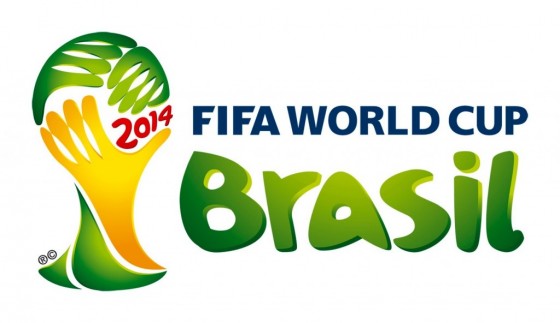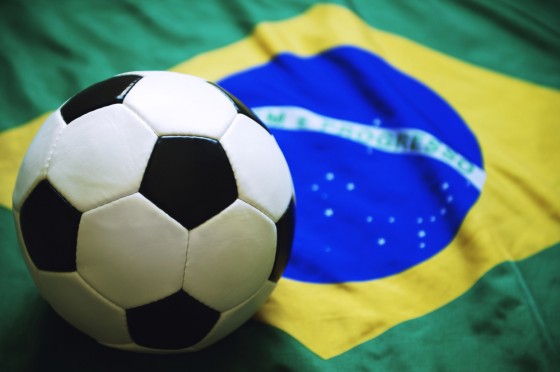 Soccer fans around the world are gearing up for the 2014 World Cup in Brazil, which starts tomorrow when the home team kicks off against Croatia in Sao Paulo. Many will be putting money on the various matches—basing their bets on national pride or gut feelings.
Soccer fans around the world are gearing up for the 2014 World Cup in Brazil, which starts tomorrow when the home team kicks off against Croatia in Sao Paulo. Many will be putting money on the various matches—basing their bets on national pride or gut feelings.
There is another option, however.
If you have the data and the inclination, you could also utilize a Monte Carlo simulation to place your wager. Recently, Fernando Hernández, a trainer and consultant at risk and decision analysis software provider Palisade Corporation, did just that, utilizing this computerized decision-making method to determine a more mathematically accurate pick for the 20th FIFA World Cup champion.
To create a model, Hernández gathered data from FIFA’s records of the past four years, which ranks over 200 national teams. Armed with the historic strengths and weaknesses of each team, he classified them into ranked categories (e.g., a fifth-ranked team is more likely to beat a tenth-ranked team). More specifically, in a match-up between a high-ranked and an intermediate-ranked team, the better team has an 86% chance of winning, a 7% chance of tying and a 7% chance of losing.
Hernández then modeled the first 48 games of the tournament—these are played in the “group stage,” in which eight groups of four teams play against each other in round robin-style matches to determine who proceeds to the final 16 games. In this stage, a win garners three points, a loss gets zero points, and a tie gives one point to teach team. Teams advance by tallying these points.
If two teams end up with the same number of points, the team with the greatest number of net goals (goals scored minus goals received) will continue. If a tie persists, then the net goals scored in the head-to-head match between the tying teams are considered. Finally, a coin toss determines the final winner if a tie still continues. All those that make it past the group-stage go on to the single-elimination tournament which determines the final World Cup winner.
Hernández combined the group-stage rules with the game and team performance records, dating from January 2011 to present, into his model.
He added the crucial element of home-team advantage by including data on all points scored at home games vs. away games for each team.
By running 50,000 iterations in a Monte Carlo simulation and mapping out the likely winners in a decision tree, Hernández created a model that depicts the probabilities of different teams winning at different stages, and calculates the overall odds of each team winning the championship.
The results vary, depending on whether home-field advantage is computed.
Without considering home advantage, Germany came out the most likely winner, with a 19.9% chance, and Spain as runner up with 16.1%.
However, when home-field advantaged is considered, a very different outcome emerges. Brazil—not surprisingly–comes in as the probable champion, with an overall 17% chance. Spain is again the runner up at a 12% probability. Germany drops all the way down to a 6 % probability of raising the trophy. Other high-scoring probabilities include:
- Switzerland and Greece 8%
- Colombia 7%
- Argentina 6%
- Uruguay 5%.
The United States, by contrast, is given just 2% chance at victory.
As a Costa Rican native, Hernández had to let the numbers guide his betting choices over nationalism. “I am still not sure whether I would bet on my country in the office pool,” he said. he calculated that his home country has only a 23% chance of making it to the second round, and a one-in-440 odds of winning overall.


